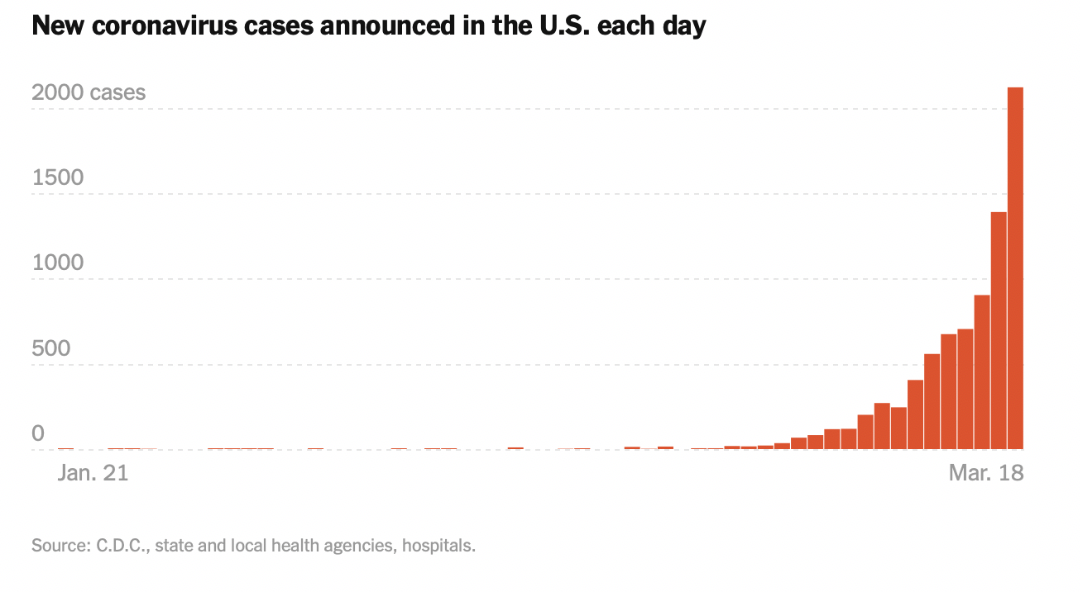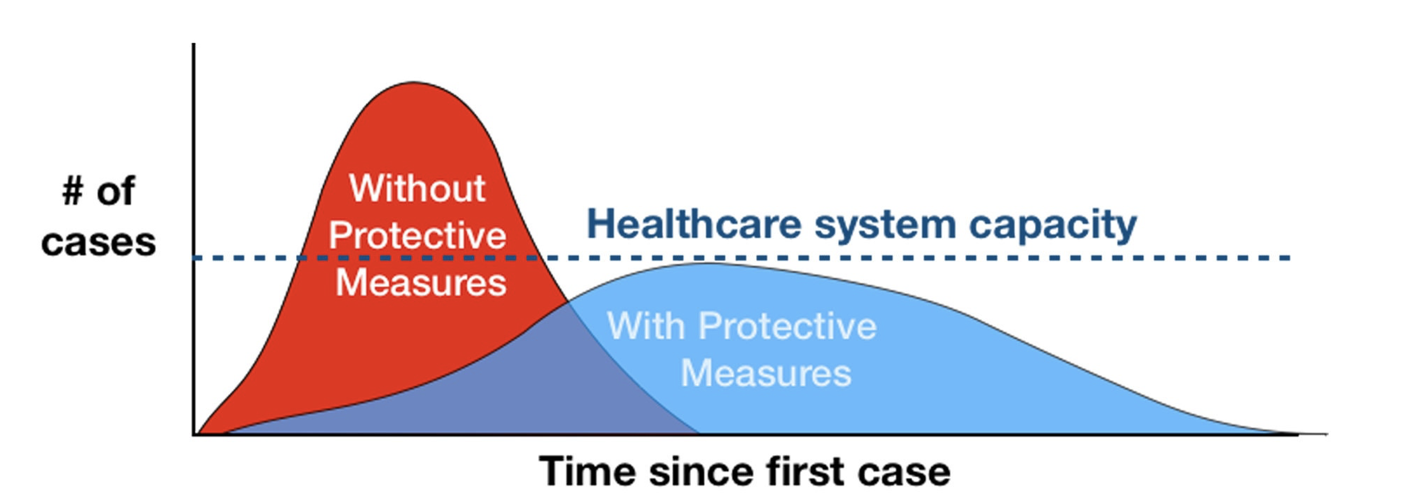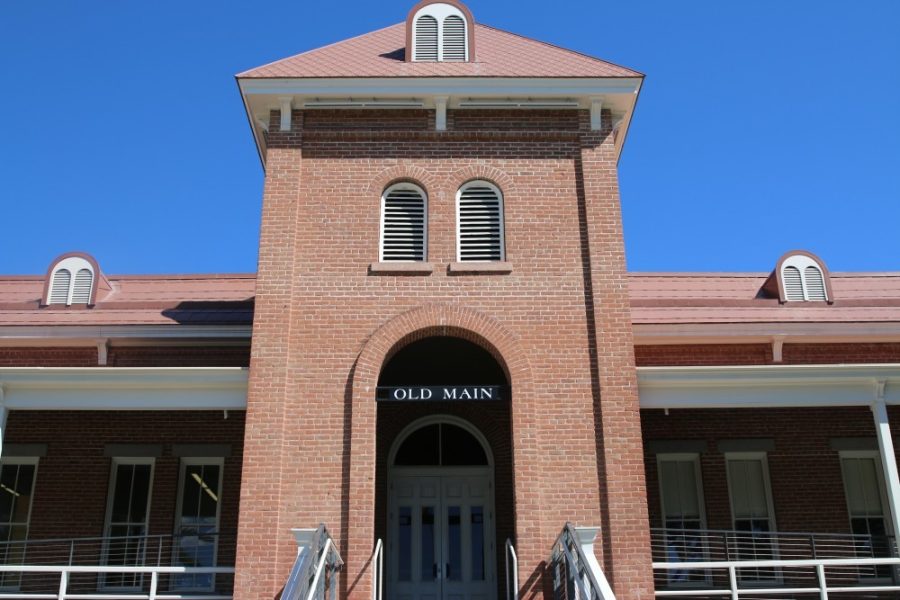Coronavirus isn’t the flu. It’s a whole different beast.
It has been almost two months since the first confirmed coronavirus case in the United States was announced on Jan. 21 in the state of Washington.
Since then, the U.S. has had over 8,000 more cases and almost 150 deaths, according to The New York Times. Coronavirus has now infiltrated every single state in the nation, plus Puerto Rico and the nation’s capital, Washington D.C.
Not surprisingly, the number of cases announced each day has resembled an exponential growth model, which is similar to other pandemic outbreaks like the 1918 influenza pandemic, which had a very clear period of exponential growth, according to PubMed.
Exponential growth is dangerous. That’s no secret. Today alone, on March 18, we have had well over 2,000 cases of the coronavirus confirmed in the U.S., according to The New York Times, bringing us to a grand total of over 8,000 since its inception. Over a week ago, on March 10, we had a total of about 1,000 cases total, not on that day alone. Mind boggling.

Source: CDC
At this point, a possible way of mitigation seems beyond reach, like way beyond reach. It seems like the only thing to do at this point is to let coronavirus to run its course. But there’s always a solution.
Close everything.
It’s easier said than done, but a complete shutdown of everything that is nonessential seems like the only solution at this point.
Just last week, a physician of the U.S. Congress told senators that he expects 70 million to 150 million in the nation to become infected with coronavirus.
At the upper limits, that’s almost one out of every two people in the nation.
Throughout the past couple of weeks, we have seen a step-by-step shutdown of most facilities. First, universities started to transition to an online class model, then restaurants, bars and gyms started to follow suit. Who’s knows what’s next?
Could all nonessential physician offices start to close? Seems like a horrible time to have any medical condition other than coronavirus.
That’s all speculation and only time — most likely a short amount of it — will tell. This virus is spreading fast thanks to its high rate of contagion and easy mode of spreading: respiratory droplets.
But closing everything that is nonessential seems like the right move at this point in time since lives are at stake.
The later we close down everything, the more the virus will spread and the longer we will have to deal with this pandemic. But the sooner we go on lockdown, the better we mitigate the spread of this deadly virus. It’s not rocket science.

Source: CDC/The New York Times
What’s even worse is that a certain percentage of the population who has become infected with coronavirus will show no symptoms at all. The percentage of the population who is asymptomatic is a little unclear at this point, but that’s a scary thought.
A person could continue to feel totally normal and be less cautious when it comes to quarantining and social distancing. This could lead to way — way more spreading of the virus with zero idea or knowledge of doing so. That screams exponential growth.
This isn’t a proclamation of fear mongering; it’s a message to take social distancing seriously before we fill ourselves will regret.
Hindsight is always 20/20, and it would be terrible to look back and wonder what could have been. Extreme measures always seem extreme in the present, but it’s better to be overprotective than under in scary and confusing times like these.
Amit is a junior studying physiology with a minor in biochemistry. Follow him on Twitter.









